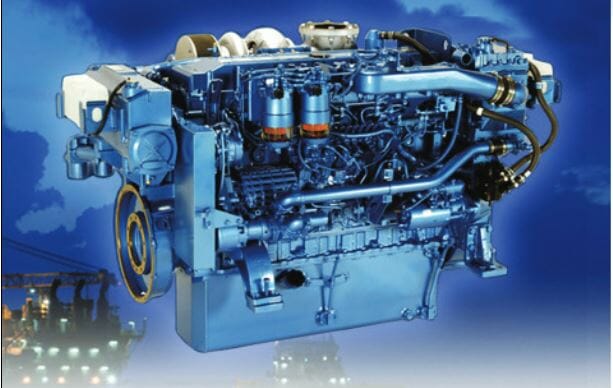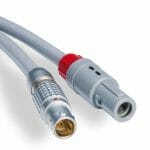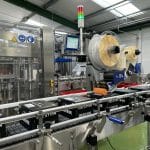One of the world’s largest producers of trucks, Tokyo-based Isuzu Motors Limited, is also a leader in manufacturing diesel engines for trucks and buses. Isuzu’s facility in Fujisawa, Japan is one of the company’s main production points for building its SUVs, mid-sized trucks, and a pickup truck line that serves a joint venture with General Motors.
Business Situation
A plan to replace an outdated production management system led the factory’s Information Systems Planning team to reconsider the existing approach. The existing system did not cover the press processing and resin molding operations that produce components for use on the assembly lines. Production planning had been heavily dependent on human input in these areas. A new manufacturing execution system (MES) was needed to optimize efficiency and responsiveness.
Based on positive experience with an earlier fault-tolerant system from Stratus Technologies, decision-makers were convinced that Stratus ftServer systems running Microsoft Windows Server would deliver the reliability, performance and scalability the job demanded.
The Stratus Always-On Availability Solution
“The line stops when the server stops, so reliability is absolutely required for the server,” says Mr. Kazunari Fukasawa, Manager, Information Systems Planning at Isuzu.
Other approaches to increasing server reliability were considered before the ftServer systems were chosen. The technical staff had previous experience with a system, but the loss of data and production while manually switching to the backup system was not acceptable. The team was also keen to eliminate the chance for problems associated with human error that come with complicated solutions like server clustering.
Stratus ftServer systems are a family of ultra-reliable Intel® processor-based server hardware for Microsoft Windows Server, Red Hat® Enterprise Linux®, and VMware® operating systems. As a result, users gain the advantages of a fault-tolerant family of servers with load-and-go implementation simplicity.
The ftServer architecture safeguards availability with built-in Continuous Processing® features—including lockstep redundant hardware, failsafe system software, and ActiveService™ capabilities—all integrated within the server. As a result, applications need no modifications to benefit from “five nines” or better availability, or 99.999% and higher, delivered by the Stratus ftServer systems family.
In addition to reliability, performance and scalability are equally essential for the components manufacturing execution system at Fujisawa. By its nature the MES application processes a huge amount of data. Stratus ftServer systems are engineered with the necessary processing performance, and optional CPU and memory upgrades can be seamlessly added.
Isuzu’s systems integration partner for the project was QUALICA Inc., which focuses on system development in the manufacturing market. QUALICA recommended purchasing off-the-shelf packaged software rather than developing a custom solution. This strategy also increased system stability and lowered project costs.
Isuzu Manufacturing Execution Systems Configuration

MCFrame/AEParts by Toyo Business Engineering was chosen because it could be easily configured to meet the needs of Isuzu’s unique processes in the press processing and resin molding factories. Like the ftServer systems, the application was tested and proven reliable and scalable.
QUALICA notes that the ftServer systems also helped shorten their development schedule.“Since the ftServer system is managed the same as a standalone Windows server, it was easy for us to use,” reports Mr. Motoki Kitada, Business Planning, Outsourcing Department at QUALICA.
Business Impact
Isuzu’s Fujisawa facility established a control center for its components operations, giving them the ability to manage their own lines. An ftServer-based MES server running MCFrame/ AEParts generates a production plan and sends the instructions to multiple lines in the press processing and resin molding factories. Production data is transferred from point of production (POP) terminals to a second ftServer system functioning as a POP server, and is reconciled with the production plan data.
Both QUALICA and Isuzu rate the ftServer implementation a success. Observes Mr. Kitada (QUALICA), “Unlike a cluster, it is not necessary to be conscious of the system redundancy, so my team can concentrate on implementing and configuring the software. The ftServer system is better for system developers.”
Mr. Fukasawa (Isuzu) concludes, “If a problem occurs, the ftServer system keeps running without interruption. Stratus ftServer systems are the best answer for a production site with mission-critical business applications.”








